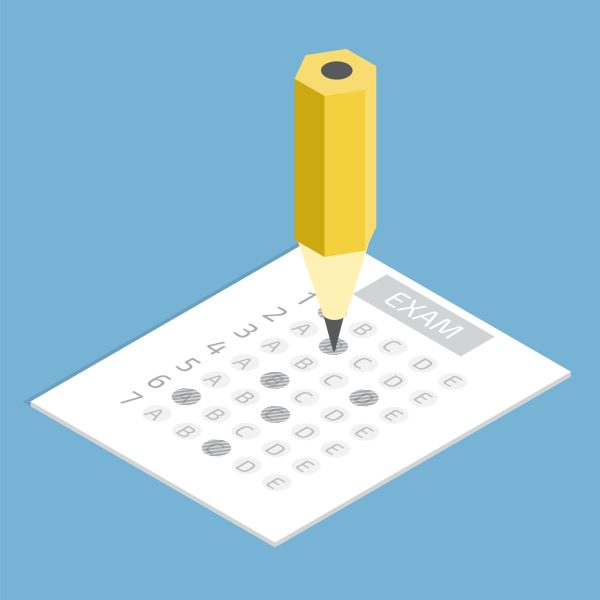Paying attention is hard. This article can help.
If you happen to be a human being, you may have had trouble paying attention at one point or another. Whether you zoned out during a long block of dialogue during a game or you drifted off in class and missed a bunch of instructions. Losing your line of thought is frustrating. Feeling your mind turn off in the middle of a lesson is tough. But there are ways to curb this and get things moving again.
A balanced attention span is the backbone of getting a quality education. How can you learn if you aren’t listening? Sometimes paying attention is hard. Sometimes listening in class can feel like watching a dull documentary with your eyelids taped open. Eventually it gets harder to stay focused and resist pulling out your phone.
Stimulating yourself alongside being in class is a great way to keep your mind on track. If you find yourself falling asleep or if you’re just really bored, fidgeting with something is a quick and easy way to help yourself get back into the groove. Doing something with your hands – playing with a fidget spinner, twirling a pencil around, even folding a piece of paper a lot are all great ways to stimulate yourself and keep your mind moving when it doesn’t want to focus on what you’re being taught. “Playing with small fidget toys while doing a sustained task, like writing a story, helps some students stay on task,” according to Mary Kay Delaney, a professor at Meredith College whose special interests include teacher education and special education.
Doodling or drawing is also another form of stimulation. There’s nothing like drawing a little guy on the corner of a page with your notes to keep yourself happy. It’s low focus which makes it great for both paying attention in class and keeping yourself busy. The only thing to keep in mind is to not draw over where your work needs to go.
If you have any other ideas, communicating with your teachers is the surest way of making sure you’re not breaking any rules or being disruptive. Some other techniques I learned from my therapist were knitting or crocheting. Obviously that idea is a little bit out there, so be sure to check in with your teachers and let them know that the goal is to help you pay more attention.
Teachers can play a big role in getting you focused again, but designing a more engaging curriculum can be difficult, especially when a lot of students like to grit their teeth and try their hardest to be anything but engaged. A teacher that is open and calm, not being afraid to have a personality and crack jokes, and overall just being a nice person is what I find most effective to get teenagers to pay attention.
Overall, it’s important to listen to what your mind is telling you. Just like when you’re hungry, your brain needs stimulation in order to not shut down. Your needs are valid, and if you’re not able to pay attention in your class, there are several techniques to make things more accessible to you.








